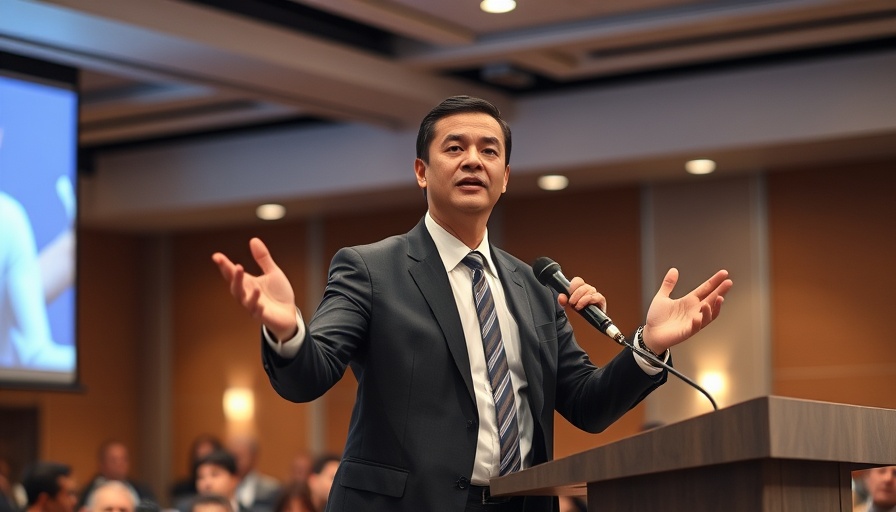
The Limitations of Current Public Health Approaches to Gun Violence
In his enlightening work, What We’ve Become: Living and Dying in a Country of Arms, Dr. Jonathan Metzl brings a profound understanding to the complicated issue of gun violence. While he initially championed the public health approach to this crisis in his previous book, Dying of Whiteness, Metzl has evolved his perspective, recognizing that a singular focus on prevention is insufficient. He emphasizes that gun violence must be viewed within a broader social context that includes politics, identity, racism, and power dynamics.
Why Politics and Identity Matter
Metzl argues that the conversation surrounding gun violence should not only center on legislative measures but also encompass the social and cultural factors that contribute to the problem. He states that the public health model for confronting firearm violence has its roots in the early 1990s, aiming to find alternatives to traditional gun control. However, recent governmental actions, such as the rescinding of the Surgeon General's advisory declaring gun violence a public health crisis, illuminate the political hurdles that persist in this dialogue.
The Consequences of Unregulated Gun Carrying
A standout feature of Metzl's analysis is his focus on the issue of unregulated public carry of firearms. Using the tragic example of the 2018 Nashville shooting, which was perpetrated by Travis Reinking, Metzl illustrates how the lack of regulation can lead to catastrophic events. He persuasively argues that changing perceptions and regulations around public carry should be a key strategy in achieving broader consensus on gun safety. By addressing unregulated carrying, we can build a safer public sphere, fostering social interaction and community bonding, rather than division.
Incorporating Gun Owners into the Solutions
The responsibility for tackling gun violence doesn't rest solely on policymakers. Metzl insists that gun owners must play a pivotal role in the solution. This necessitates research into their motivations and perceptions of safety. The goal is to create solutions that resonate with them rather than relying on top-down approaches that may feel disconnected from their realities.
Broadening the Public Health Approach
To effectively combat gun violence, Metzl advocates for an expanded public health prevention framework that incorporates diverse community perspectives. This means going beyond traditional measures like background checks and assault weapon bans and exploring how to engage communities in discussions about safety and regulation based on shared values and experiences.
What Readers Can Do
For those invested in health, communities, and safety, the insights from Metzl’s work highlight the necessity of a wider discourse around gun violence. As we strive for healthier lifestyles through nutrition, fitness, and mindfulness, we must also consider how these factors intersect with our broader societal issues, including gun violence. Advocating for balanced approaches that not only support public health but also engage communities can lead to meaningful change.
A Call for Comprehensive Solutions
Understanding the interplay between social dynamics and gun ownership is crucial in crafting effective solutions. Let’s support initiatives that leverage both public health strategies and grassroots community engagement. Only then can we hope to mitigate gun violence and foster a healthier society for all.
For more insights on fostering community health alongside gun regulation, consider participating in local workshops on wellness, nutrition, and community safety—a holistic approach not only to health but also to societal well-being.
 Add Row
Add Row  Add
Add 




Write A Comment